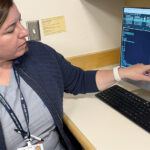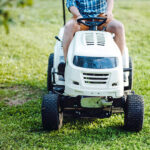Spinal fusion surgery during COVID-19
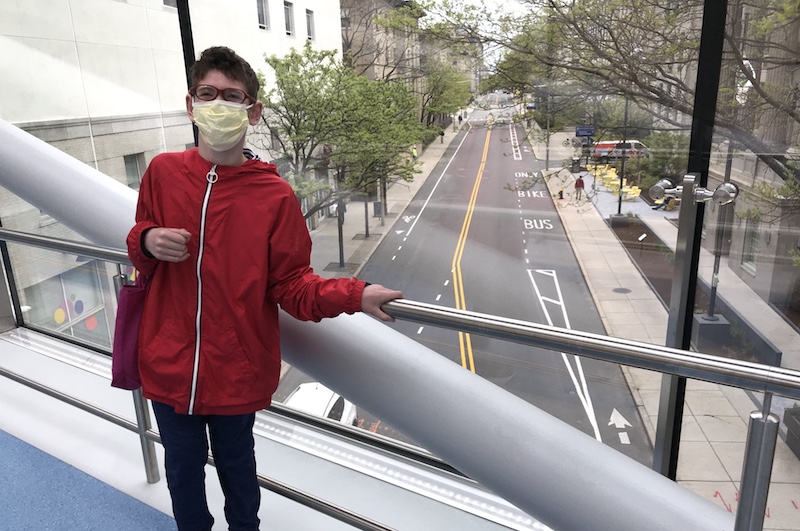
If things had gone according to plan, Jared Cohen would have had spinal fusion surgery during his April vacation. His mom, Sara, planned to homeschool him for the remainder of spring semester and he would have all summer to recover. By fall, he’d be more than ready to return to school. Then COVID-19 happened.
In March, Boston Children’s Hospital cancelled elective surgeries as part of a statewide effort to contain the spread of the coronavirus that causes COVID-19. Jared’s classes went virtual and the family buckled down at home. “It really threw Jared for a loop when he couldn’t go to school and see his friends,” says Sara. Meanwhile, his parents worried about his spine.
COVID-19 delays surgery
Jared had worn a brace 23 hours a day since his diagnosis of neuromuscular scoliosis at the age of 4. Now 13, he had outgrown his most recent brace and the sideways curve of his spine was getting worse. “The hump on his back was visibly larger and he was bending over significantly more,” says Sara.
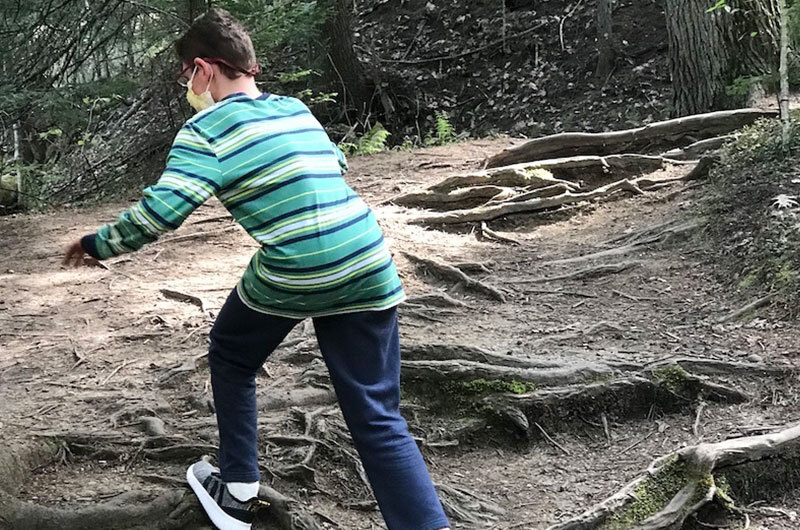
According to surgeon Dr. Craig Birch, “If we had waited much longer to do the surgery, we may have had to fuse more of the spine.” Jared’s curve was in his middle and lower back. Without surgery, his lower back would likely become more curved. “The lower back is normally a very mobile part of the spine. The more of that portion of the spine we can leave out of the surgery — and allow to keep moving — the better.”
So, when the Spine Division contacted the family to say they were performing surgeries again and had an opening for Jared, the Cohens jumped on it. They understood that some things would be different. For instance, the hospital had changed its visitor policy: Only two adults could be with Jared at the hospital. To further limit the number of people at the hospital, some pre-surgical visits would be virtual rather than in-person. And Jared would have to get tested for COVID-19 the day before his surgery.
With these changes in mind, Sara and Jared’s father, Jay, decided to move ahead. “We’d already told Jared he wouldn’t have to get another brace,” says Sara. “We didn’t have any big plans for the summer. Having the surgery now made sense.”
Timing and safety measures
After a spike in late April, the number of new COVID-19 infections in Massachusetts started dropping in early May. The lower rate of infection gave Sara confidence about Jared’s surgery, as did the extra precautions at Boston Children’s. “It helped to know the halls wouldn’t be filled with people and that everyone would be wearing masks. I really liked that.”
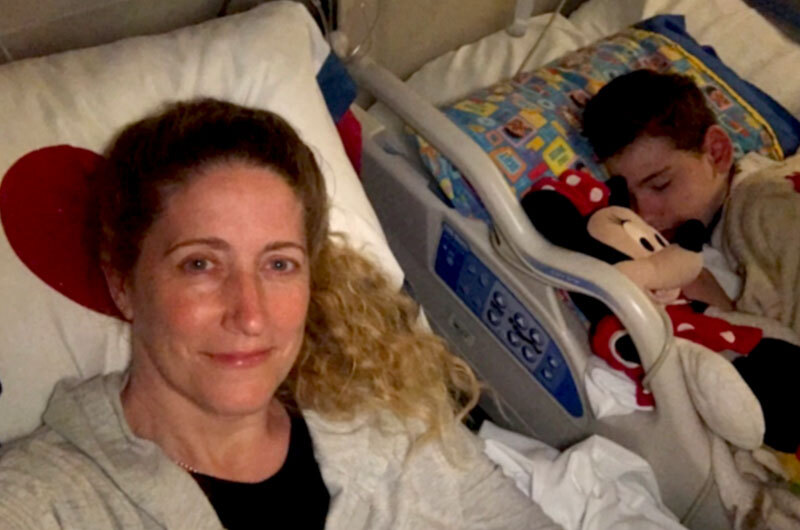
But what mattered more to Sara was the fact she’d be able to stay in the room with her son overnight. “I wanted to know he would never be alone while he was at the hospital.”
“It is a nerve-wracking time to come to the hospital,” says Dr. Birch. “But once families get here and see all the precautions being taken, they are much more at ease.”
Preparing Jared for the hospital
Because Jared has cognitive disabilities, his parents are careful about what they tell him and when. If he’d known the date of his surgery, he would have fixated on it. Luckily for his parents, he didn’t realize his surgery had been delayed. He was prepared, however, both physically and mentally.
Months of physical therapy at home had strengthened the muscles in his back. Mentally, he knew the coming summer would be different. He wouldn’t be able to swim, ride a bike, or play on swings. He was also prepared for the COVID-19 test that he would have the day before surgery. At his pre-op evaluation, he told all the clinicians who attended to him, “I’m going to get Q-tipped!”
Surgery day
During Jared’s seven-hour surgery, Sara and Jay waited the operation out in their own room. Sara, a reading tutor, took advantage of the quiet to record videos for her students. That night, she slept in a cot next to Jared while a nurse watched over him to make sure he didn’t pull out his catheter.
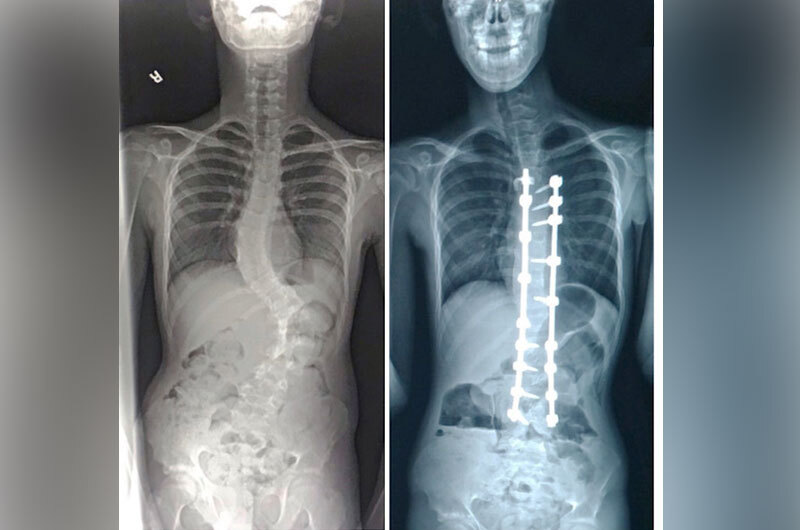
After three days as an inpatient, Jared got to leave the hospital a day early. “He didn’t get to see clowns roaming the halls like he normally would have,” says Sara. As much as Jared would have loved a visit from a clown and maybe a Pawprints therapy dog, Sara was fine with the fact they weren’t at the hospital in person, but available virtually. “Under the circumstances, I was comforted that the hospital was nearly empty.”
Recovering at home
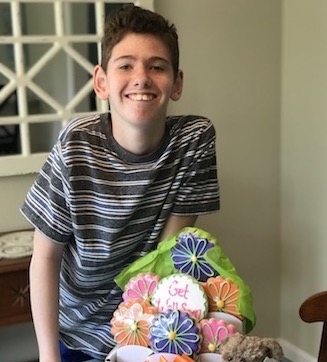
Jared’s friends and neighbors have welcomed him home with chalk drawings in his driveway. Visitors stop by to entertain him from the front lawn and he talks with his grandparents through FaceTime.
In some ways, COVID-19 may have made his three-month recovery easier. “We wouldn’t have been able to go to amusement parks or ballgames even if he hadn’t had surgery,” says Sara. For her, it’s a relief to have the surgery behind them and be able to focus on his recovery. “I feel very blessed that we live close to the best children’s hospital in the country.”
Tips for preparing your child for an inpatient stay during COVID-19
- Educate yourself about what to expect when you come to Boston Children’s.
- Let your child know what the hospital is doing to keep them safe from COVID-19. For instance, Boston Children’s is limiting the number of people in the hospital and making sure everyone wears masks.
- Use these tips to encourage your child to wear a mask. You might have them practice wearing a mask for short periods at home.
- Ask your child to help you select a few favorite toys or a blanket to have with them in their room.
- Let them know they won’t be alone. One parent will sleep in the room with them at night.
- Provide age-appropriate details about the surgery. These age-related guidelines can help you decide how much information to share with your child.
- If your child will need to be tested for COVID-19, read one of these stories with them:
My Hospital Testing Story: Throat swab
My Hospital Testing Story: Nasal swab
Get more answers about Boston Children’s response to COVID-19 and the Spine Division.
Related Posts :
-

Ask a sports medicine specialist: Why are ACL tears so common among female athletes?
When an athlete is sprinting after an opponent who suddenly stops or changes direction, their anterior cruciate ligaments (ACLs) make ...
-

Forging a path back to school after orthopedic trauma
Orthopedic trauma can force children to miss school, sometimes for an extended period. But even when patients have regained enough ...
-

Jackie’s dreams of playing professional soccer back on track after ACL surgery
From her dorm in Newcastle, England, Jackie Zapata can hear fans roaring in the soccer stadium a few blocks away. ...
-

What orthopedic trauma surgeons wish more parents knew about lawnmower injuries
Summer is full of delights: lemonade, ice cream, and fresh-cut grass to name a few. Unfortunately, the warmer months can ...


